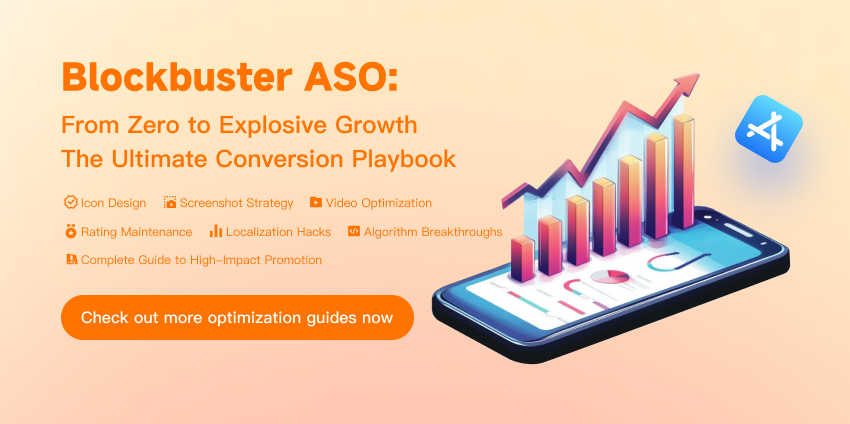
Loading...
Free consultation with ASO specialists
Doing ASO for the first time or have no idea how to carry out targeted optimization of your app?
We offer one-on-one customized services provided by app marketing specialists
Google Play Keyword Optimization
What is Google Play keyword optimization
Google Play keyword optimization refers to the process of researching user search habits, filtering high-value keywords related to app features, and strategically integrating them into app metadata (title, short description, long description, etc.) to improve the ranking and visibility of the app in Google Play store search results.
The Importance of Google Play Keyword Optimization
-
Lead natural traffic acquisition
About 35% of Google Play downloads come from users actively searching, and keyword optimization is the core means of obtaining this traffic.
-
Reduce customer acquisition costs
The user retention rate of natural search traffic is 15%-20% higher than that of paid advertising users, and the long-term benefits are significant.
-
Increase the weight of algorithm recommendation
The match between keywords and user search intentions directly affects the search ranking, and is related to subsequent recommendation exposure.
-
Enhance conversion rate
Precise keywords can attract target users, and applications with strong relevance between keywords and functions can significantly improve the download conversion rate.
How to optimize Google Play keywords
-
Keyword Research and Screening
-
Tool assistance: Use tools such as UPUP to identify high-traffic, low-competition words, and prioritize long-tail words.
-
Competitive product analysis: Analyze the high-frequency words of competitive product metadata, and mine niche words that are not fully covered.
-
Localization: adjust keywords for different language markets (e.g., use "reproductor de música" in Spanish instead of "music player" in English).
-
Metadata Optimization Strategy
-
Title (suggested 30 characters): The highest weight ratio (about 40%) should include core keywords.
-
Short description (80 characters): Secondary weight field, naturally integrate 1-2 core words, avoid piling up.
-
Long description (4000 characters): Cover long-tail keywords, with 1-2 keyword occurrences per 100 characters, and maintain readability.
-
Continuous iteration and monitoring
-
A/B testing: Test different keyword combinations through Google Play Console and choose the one with a high conversion rate.
-
Regular updates: Adjust metadata every 3-6 weeks to adapt to market trends (such as holiday hotspots, new technology concepts).
-
Avoid punishment: Over-repeating keywords or using misleading words will lead to a drop in ratings, and you need to follow the principle of natural language.
Relationship with ASO (App Store Optimization)
-
Increase search exposure
In the Google Play app store, users mostly find apps by searching for keywords. Properly optimizing keywords can match your app with user search intent, thus achieving a higher ranking in search results and increasing exposure probability.
-
Increase downloads
Higher search rankings mean more exposure opportunities, and more exposure often leads to more downloads. By optimizing keywords accurately, you can attract users who are truly interested in the application, and these users are more likely to download and use the application.
-
Improve user experience
Keyword optimization is not only for improving rankings, but more importantly, it allows users to quickly find applications that meet their needs. When users find and download an application through searching keywords, if the actual functions of the application match the keyword descriptions, it can improve user satisfaction and retention rates.
Google Play keyword optimization is the core bridge connecting user needs with application value, and it requires data-driven tools, precise localization, and continuous iteration to maximize benefits. Its synergy with ASO not only improves search rankings but also builds long-term competitiveness by optimizing user experience. With the evolution of AI algorithms, semantic relevance and context matching will become key directions for future optimization.
Related terms
